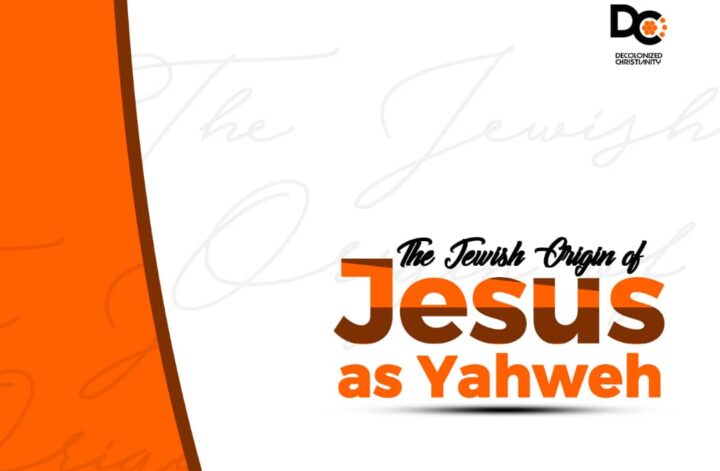I have argued for the divinity of Jesus with no reference to Apostle Paul’s writings at all. This is by design. Some critics, especially Muslims, sometimes claim that Paul bastardized the “true religion” of Jesus and that Jesus never claimed to be (equal with) God. Surely, such a complaint cannot be made now. We can establish the case for the divinity of Jesus without Paul’s writings. If we add Pauline epistles, we have more data to corroborate the case made so far. But before that, I want to address some passages critics, especially Muslims, typically use to argue against the divinity of Jesus.
The Father is greater than I
In John 14:28, Jesus says, “the Father is greater than I am.” The issue here is the apparent logical inconsistency of one God being greater than the other—a contradiction in terms. Indeed, this passage is one that proved most difficult for many church fathers and theologians. In church history, this is one of the central passages informing the Arian Heresy. Admittedly, if one is convinced on other grounds that Jesus is not Yahweh, then it is easy to see how this passage may be used as an argument-defeater. However, since the data strongly support the idea that Jesus is Yahweh as already argued, I am inclined to inquire: in what way is the Father greater than Jesus?

